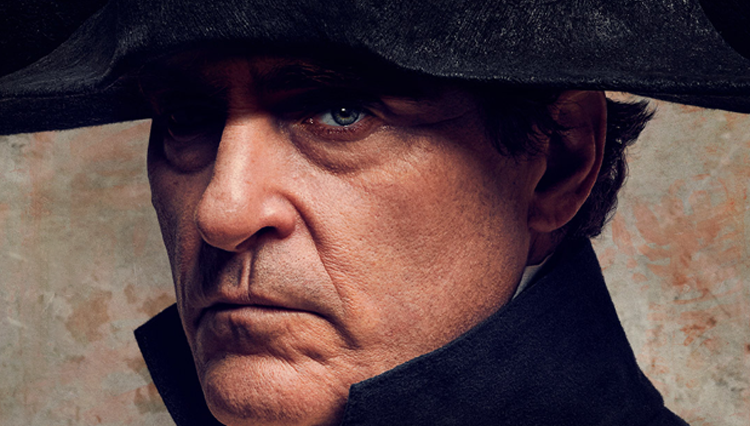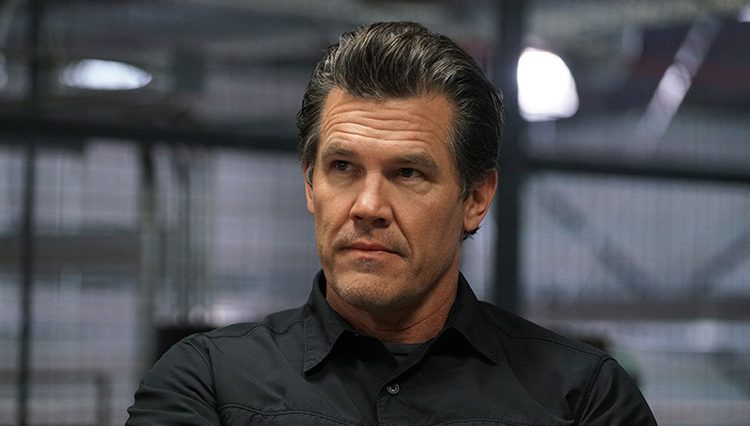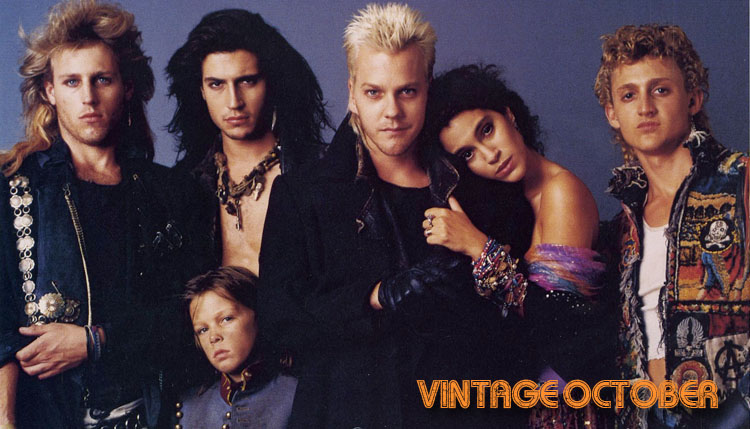
“One thing about living in Santa Carla I never could stomach: all the damn vampires.”
The Lost Boys, 1987 (Keifer Sutherland), Warner Bros.
The Lost Boys is a vampire movie that exists in a world of vampire movies and vampire comic books and vampire ideology. Like An American Werewolf in London, we’re conscious of the idea of monsters, but we would scarcely believe these monsters are real, so when the reality hits the characters, rather than dealing with the emotional shock, the characters revert to the “rules” of vampirism.
The Lost Boys changes the rules slightly, sometimes shifting the intent of the rule. One of the bigger rules is that vampires cannot enter someone’s home unless they’re invited. That particular rule is subverted toward the end of the movie, but by that point, the idea of disbelief has gracefully vacated the story. I tend to confuse this movie with Stephen King’s Silver Bullet because both movies have similar stories and the same lead in Corey Haim.
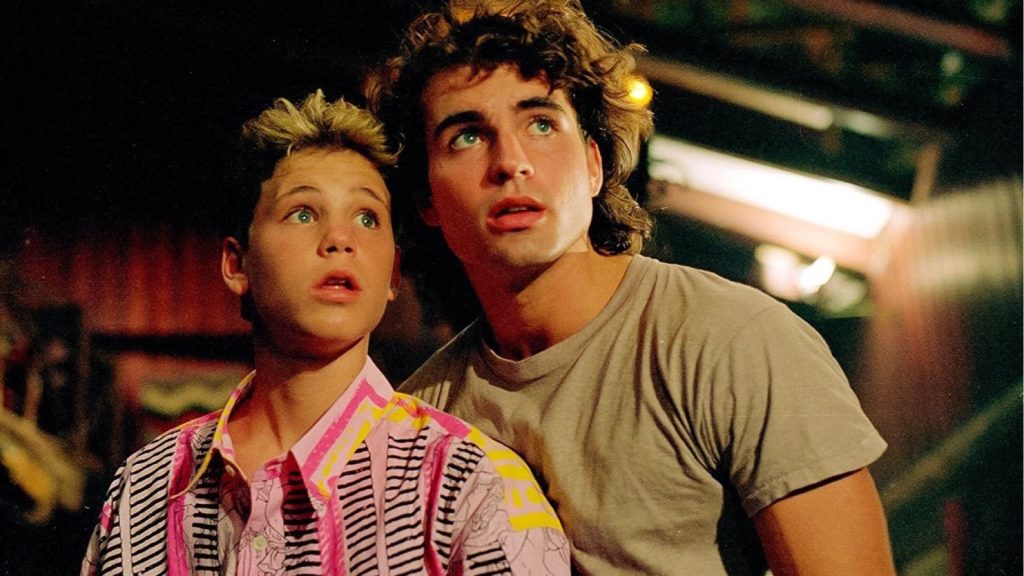
The typical tropes of a kid’s adventure, horror, or science fiction movie are present in The Lost Boys. We have a single mom (Dianne Wiest) and her two sons (Haim and Jason Patric) moving in with her batty old Dad (Barnard Hughes) in coastal Santa Carla. While Wiest is romanced by milquetoast video store owner Edward Hermann, Patric and Haim have difficulties adjusting to this new life.
Patric is instantly smitten with gorgeous Jami Gertz, who rides with a bunch of misfit bikers that look like rejects from a hair metal band led by the primary mullet, Keifer Sutherland. It turns out the bikers are vampires (of course) and they use Gertz to initiate Patric into their cabal. When Patric returns home, manifesting symptoms of vampirism, Haim alerts his new geek friends, the Frog brothers, Edgar (Corey Feldman) and Alan (Jamison Newlander).
The Lost Boys is appropriately energetic, but it’s never terrifying for me because the humor undercuts any and all tension that should exist. Sometimes the humor gets in the way of the storytelling in a way that it wouldn’t for a similarly-themed movie such as Fright Night or even Ghostbusters. I think it might be the lack of campiness, and just going for the straight joke rather than pointing out how silly all of this could be.
There should be a “marshmallow man” or equivalent level of threat in this movie, but the script is too respectful to the characters. Even Grandpa’s revelation at film’s end that the vampires are viewed as a nuisance in his town surgically removes what could’ve been a very tense denouement. I was half-expecting Grandpa to be the “sire” (or progenitor) of all these vampires, but the script is more interested in resolving the conflict than in raising further questions.
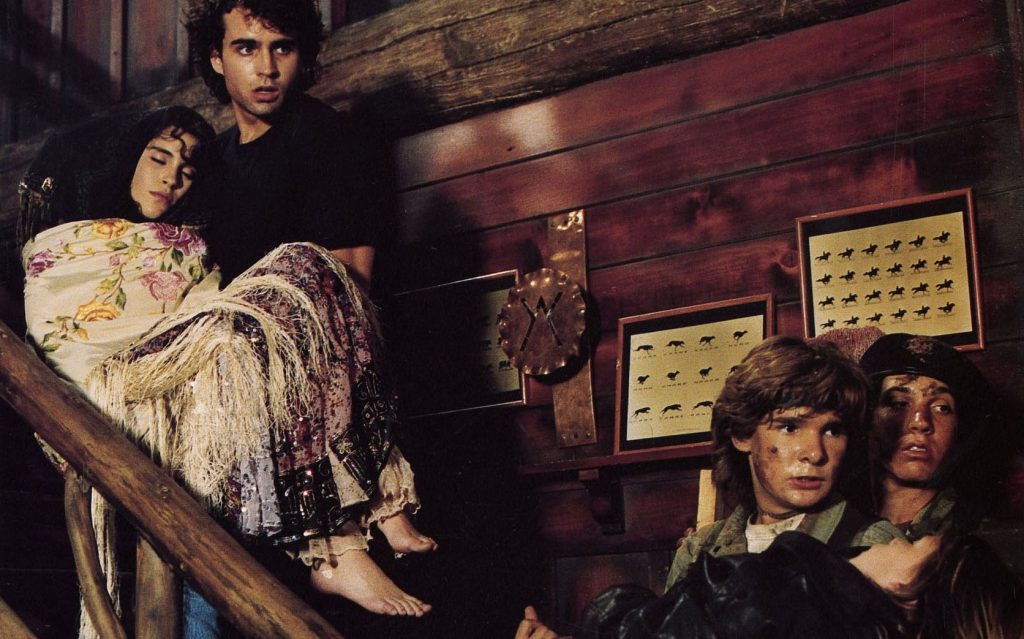
The Frog brothers exist in a weird bubble (evident in all vampire movies) as wayward vampire hunters, armed with pop-culture references and accoutrement, but they do prove to be useful in vanquishing the movie’s foes. Feldman applies a bizarre affectation to his line readings which, for me, is the most jarring part of the movie.
The best scene in the movie, for me, is the tense dinner with Wiest family, plus the Frog brothers, and Edward Hermann’s character. The Frog brothers suspect Hermann of being a vampire, so they try to “out” him with garlic. It doesn’t work, and again, this is where The Lost Boys subverts the “rules” of vampirism. By default, The Lost Boys is fresher than most movies about vampires, due to Joel Schumacher’s insistence (as a director) on style over substance, and the movie is dripping with style.


